List Of 10 Dogs That Are The Pickiest Eaters
1. Shih Tzu
Shih Tzus, with their long flowing coats and friendly personalities, are a popular toy breed known for being picky eaters. These small dogs have a discerning palate and can be quite selective about their food. They often prefer high-quality, delicious meals, and their dainty appetites mean they may turn their noses up at certain foods.
The Shih Tzu’s picky eating habits can pose a challenge for their owners. It’s essential to provide a balanced and nutritious diet to ensure their health. Offering a variety of protein sources, including lean meats like chicken or turkey, can help entice them to eat. Some Shih Tzus also enjoy wet dog food, which can add moisture and flavor to their meals.
Owners of Shih Tzus should avoid feeding them table scraps or excessive treats to prevent them from becoming even choosier eaters. Consistency in their feeding routine and patience can go a long way in managing their picky tendencies. Overall, Shih Tzus may require a bit of culinary creativity to keep their taste buds satisfied.


2. Chihuahua
Chihuahuas, the tiniest dog breed in the world, come with a big personality and equally significant picky eating habits. These little dogs often have a preference for specific flavors and textures, making mealtime a potential challenge for their owners.
Chihuahuas can be finicky when it comes to food. They may favor certain proteins or ingredients while refusing others. To cater to their selective tastes, it’s essential to offer a variety of options within a balanced diet. Lean meats, such as chicken or beef, and high-quality dog food with small kibble sizes can be more appealing to them.
Owners of Chihuahuas should be cautious about overindulging their pets with treats or human food, as this can make them even choosier. Maintaining a consistent feeding schedule and portion control can help manage their finicky appetites. Additionally, Chihuahuas tend to be prone to dental issues, so dental health should also be a priority in their diet.
3. Maltese
Maltese dogs are beloved for their silky white coats and gentle disposition, but they are also notorious for their picky eating habits. These small dogs often approach food with caution, making it essential for their owners to find ways to entice them to eat.
Maltese dogs may have preferences for certain textures or flavors. Offering a high-quality dog food with small kibble sizes and a variety of protein sources can help cater to their selective tastes. Some Maltese may enjoy wet dog food or mixing in a bit of homemade, dog-safe food to enhance the flavor and aroma of their meals.
Owners should be careful not to overindulge their Maltese with treats or table scraps, as this can exacerbate their picky eating tendencies. Maintaining a regular feeding schedule and monitoring portion sizes can help ensure they receive the necessary nutrition while managing their finicky appetites.
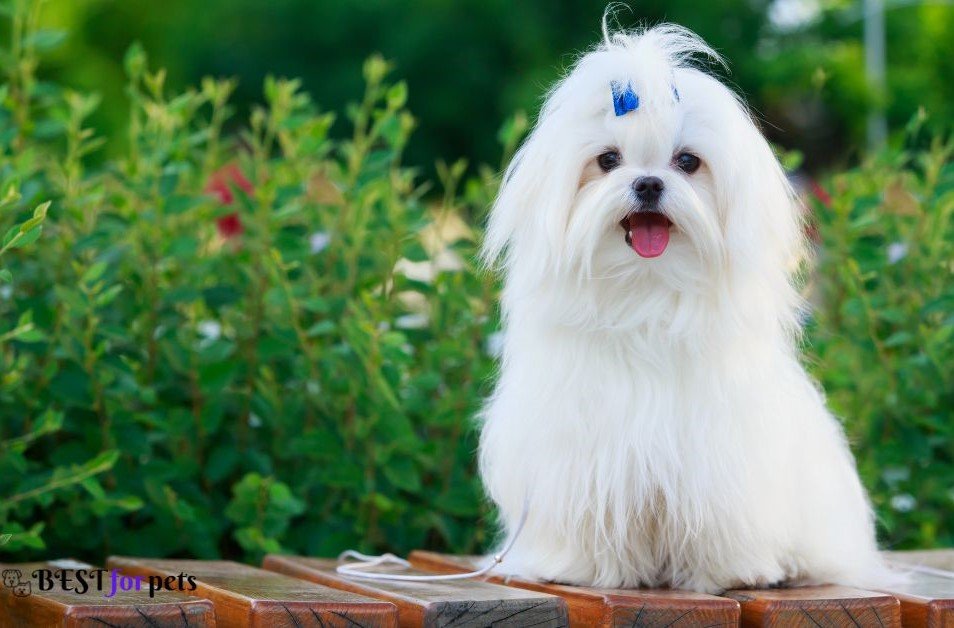

4. Dachshund
Dachshunds, often affectionately called “wiener dogs” due to their elongated bodies, are known for their strong-willed personalities, and this extends to their eating habits. Many Dachshunds can be quite picky eaters. Their small size and delicate digestive systems can make them more sensitive to certain foods.
Dachshunds often prefer foods that are not too rich or heavy. Opting for a high-quality dog food formulated for small breeds and sensitive stomachs can help cater to their dietary needs. Additionally, providing small, frequent meals can prevent them from getting too hungry and potentially becoming even choosier.
It’s crucial for Dachshund owners to avoid feeding them human food, especially foods that are toxic to dogs. Maintaining a consistent feeding schedule and monitoring their weight is essential for their overall health. While Dachshunds can be picky, with the right approach, they can enjoy a balanced diet that keeps them healthy.
5. Yorkshire Terrier
Yorkshire Terriers, or Yorkies, are tiny dogs with big personalities and equally significant picky eating habits. These dogs often have discerning palates and may turn their noses up at certain foods. To cater to their preferences, it’s important to provide a variety of high-quality options.
Many Yorkies prefer smaller kibble sizes, and their diets should include lean meats, such as chicken or turkey, to entice them to eat. Adding some wet dog food or incorporating dog-safe human food like sweet potatoes or carrots can add variety and flavor to their meals.
Yorkshire Terrier owners should be cautious about overindulging their pets with treats or rich foods, as this can exacerbate their finicky tendencies. Consistency in their feeding routine and portion control is key to maintaining their health and managing their selective appetites.
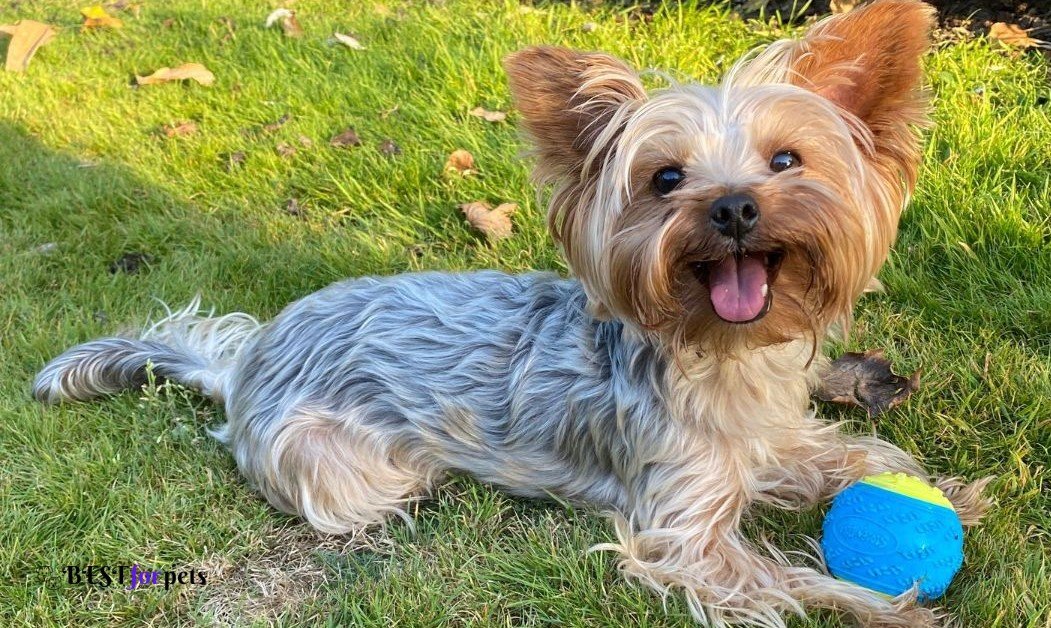
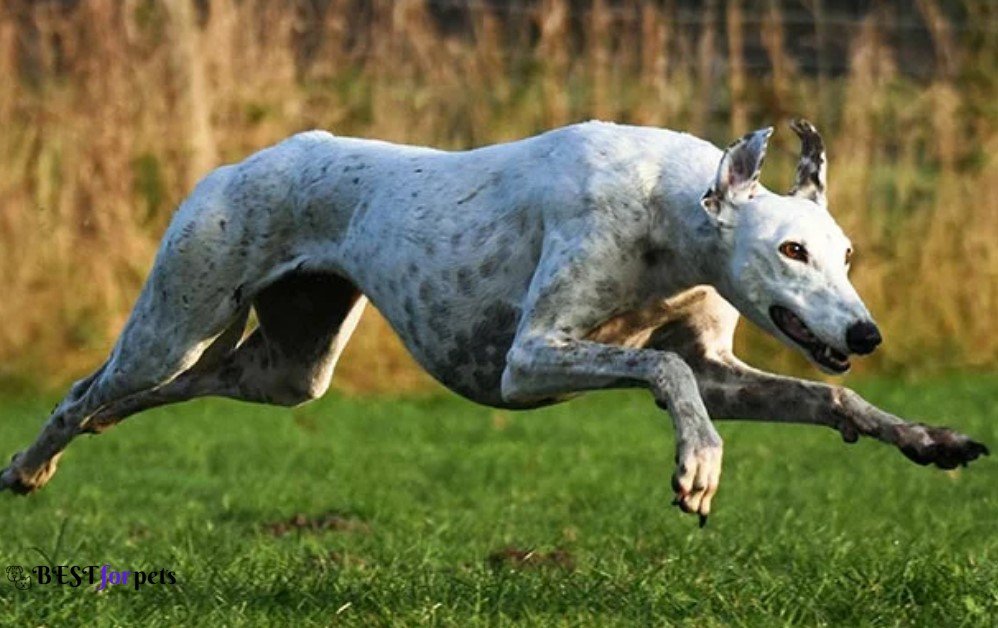
6. Greyhound
Greyhounds, known for their sleek and slender physique, can also be picky eaters. Despite their reputation as racing dogs with hearty appetites, some Greyhounds exhibit finicky eating habits that may require special attention from their owners.
One common challenge with Greyhounds is their sensitivity to certain foods. Their delicate stomachs may benefit from a diet that includes easily digestible ingredients and high-quality protein sources. Owners should avoid sudden changes in their diet and monitor them for any signs of allergies or food sensitivities.
Some Greyhounds may prefer wet dog food or a mixture of wet and dry food to enhance the flavor and aroma of their meals. Consistency in feeding times and portion control is crucial for managing their finicky appetites.
7. Basenji
Basenjis, often referred to as the “barkless” dog, have unique characteristics, and their eating habits can be equally distinctive. These dogs have a reputation for being independent and self-sufficient, which can manifest in their approach to food.
Basenjis may not always display a hearty appetite and can be selective about what they eat. To cater to their preferences, it’s essential to provide high-quality dog food with a balance of proteins and nutrients. Some Basenjis may appreciate the addition of dog-safe vegetables or a small amount of wet dog food to enhance the flavor.
Owners should ensure their Basenji’s diet meets their nutritional needs, as these dogs can be prone to food sensitivities. Monitoring their weight and overall health is vital for their well-being.


8. Whippet
Whippets are elegant and athletic dogs, closely related to the Greyhound, but they can also be picky eaters. Despite their reputation for agility and speed, some Whippets exhibit selective eating habits that require attention from their owners.
To cater to a Whippet’s dietary preferences, it’s important to offer high-quality dog food with lean protein sources, as they have lean bodies and active metabolisms. Some Whippets may prefer smaller kibble sizes, while others may appreciate the addition of wet dog food to make their meals more appealing.
Owners should be cautious about overfeeding, as Whippets are prone to weight gain if they consume too many calories. Maintaining a consistent feeding schedule and monitoring their weight is essential for their overall health.
9. Boxer dog
Boxers are known for their boundless energy and playful nature, but their eating habits can vary. While some Boxers are enthusiastic eaters, others may exhibit picky tendencies.
To meet a Boxer’s dietary needs, it’s crucial to provide high-quality dog food with a balanced mix of proteins, carbohydrates, and fats. Many Boxers benefit from a diet tailored to their life stage, whether puppy, adult, or senior. Some Boxers may prefer wet dog food or a mix of wet and dry to enhance the flavor of their meals.
Owners should monitor their Boxer’s weight and overall health, as these dogs can be prone to certain health issues, including allergies and sensitivities. Avoiding excessive treats and maintaining portion control is essential to prevent weight gain.
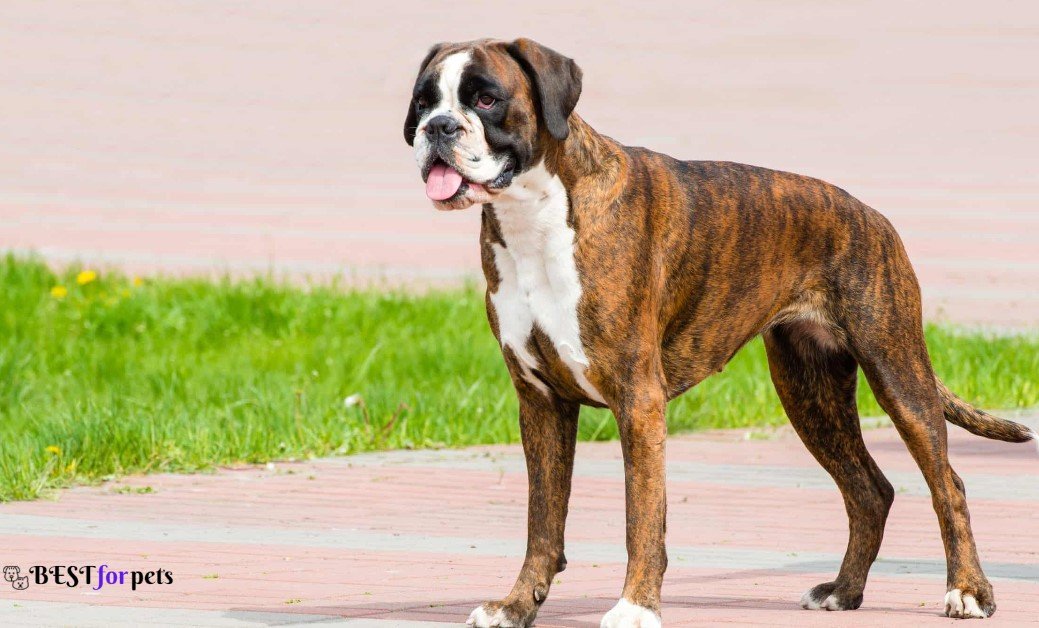
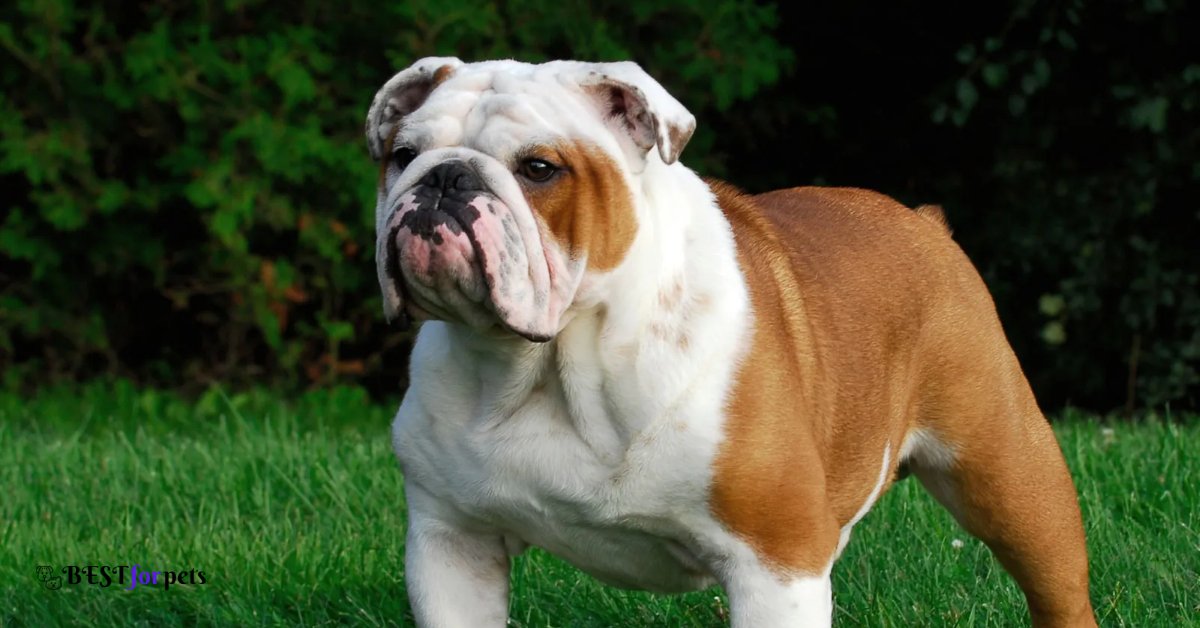
10. Bulldog
Bulldogs, with their distinctive wrinkled faces and laid-back personalities, can sometimes be finicky eaters. Their unique physical features, such as their short snouts, can affect their eating habits.
Owners of Bulldogs should be attentive to their dietary preferences. Providing high-quality dog food with a balance of nutrients is crucial for their health. Some Bulldogs may appreciate wet dog food or a bit of moisture added to their kibble to make it more palatable.
Bulldogs are prone to obesity, so portion control and monitoring their weight are vital. Avoiding excessive treats and maintaining a regular feeding schedule can help manage their finicky appetites.
Frequently Asked Questions
Why are some dogs picky eaters?
Dogs can be picky eaters for various reasons, including taste preferences, previous negative experiences with certain foods, health issues, or even boredom with their current diet.
Is it normal for my dog to be a picky eater?
It’s not uncommon for dogs to exhibit picky eating habits. However, it’s essential to ensure they receive a balanced and nutritious diet to maintain their health.
Are certain breeds more prone to being picky eaters?
Yes, certain breeds are known for being pickier eaters than others. Breeds like Shih Tzus, Chihuahuas, and Maltese are often mentioned as being more selective when it comes to food.
How can I encourage my picky eater to eat a balanced diet?
You can entice your picky eater with a variety of high-quality dog foods, small portions of dog-safe human food, and consistent feeding schedules. Avoid overindulging in treats or table scraps.
What should I do if my dog’s picky eating is causing health concerns?
If your dog’s picky eating is affecting their health or causing weight loss, consult with a veterinarian. They can provide guidance on dietary changes, supplements, or medical treatments if necessary.
Can I switch my picky eater’s food to something they prefer?
Gradual food transitions are recommended to prevent digestive upset. You can mix a small amount of the new food with the old food and gradually increase the ratio over several days.

